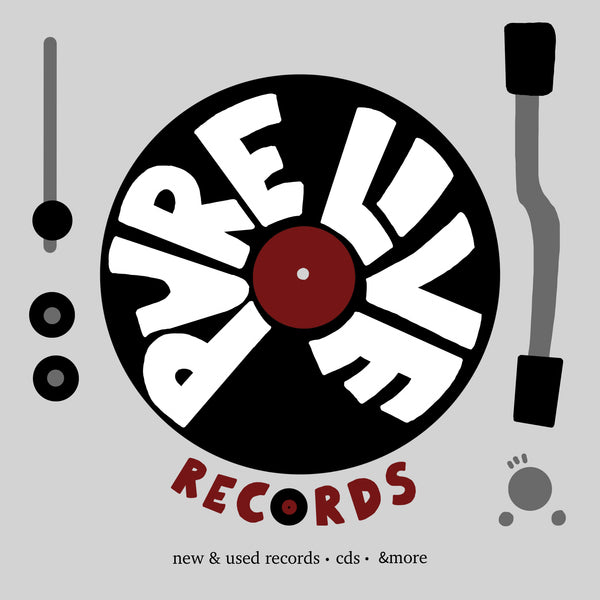The role of vinyl records in the DJ culture
Share
Introduction:
In an era dominated by digital soundscapes and streaming services, the humble vinyl record has not only endured but has experienced a remarkable resurgence in the realm of DJ culture. DJs, once synonymous with manipulating vinyl on turntables, now find themselves navigating a landscape dominated by technology. Yet, the allure of vinyl remains strong, weaving a rich tapestry of tradition, nostalgia, and sonic authenticity within the dynamic world of DJing.
The Historical Roots:
To understand the role of vinyl records in DJ culture, it's crucial to trace their historical roots. Vinyl records were the heartbeat of DJ performances from the birth of hip-hop in the Bronx during the 1970s. Pioneering DJs like Kool Herc and Grandmaster Flash used vinyl records as the raw material for their groundbreaking turntablism, manipulating beats and breaks to create entirely new sonic experiences.
Nostalgia and Authenticity:
In an age where digital convenience often takes precedence, vinyl records offer a tangible connection to the past. DJs and music enthusiasts alike appreciate the ritual of flipping through vinyl crates, the distinct smell of aging record sleeves, and the tactile experience of dropping the needle onto the groove. Vinyl records encapsulate a sense of authenticity that transcends the digital realm, evoking a nostalgic sentiment that resonates with both seasoned DJs and a new generation of vinyl enthusiasts.
The Analog Warmth:
One of the distinguishing features of vinyl records is the warmth and depth they bring to the music. Analog sound, characterized by imperfections like pops and crackles, adds a unique texture to the audio. This inherent warmth is something that digital formats strive to replicate but often fall short. DJs, keen on delivering an immersive experience, are drawn to the organic, analog sound that vinyl provides.
Artistic Expression and Creativity:
Vinyl records are not just a playback medium; they serve as a canvas for artistic expression. The physical format allows DJs to experiment with manual techniques such as scratching, beat juggling, and backspinning. The limitations of vinyl, when skillfully navigated, become a platform for creativity, pushing DJs to hone their craft and develop a distinctive style that sets them apart in an increasingly crowded field.
The Vinyl Renaissance:
While the music industry underwent a digital revolution, vinyl records faced a decline in popularity. However, the last decade has witnessed a remarkable resurgence in vinyl sales. This revival is not just a nostalgic trend; it is a testament to the enduring appeal of vinyl records and their ability to carve out a unique niche in an ever-evolving musical landscape.
Conclusion:
In the dynamic world of DJ culture, vinyl records continue to hold a cherished place. Their historical significance, nostalgic allure, analog warmth, and role as a canvas for creativity contribute to their enduring relevance. As DJs weave together past and present, vinyl records serve as both a nod to tradition and a symbol of innovation, proving that in the realm of music, the resonance of a needle on vinyl remains timeless. As the DJ culture evolves, the distinctive crackle of vinyl will undoubtedly continue to echo through the beats of the future.
